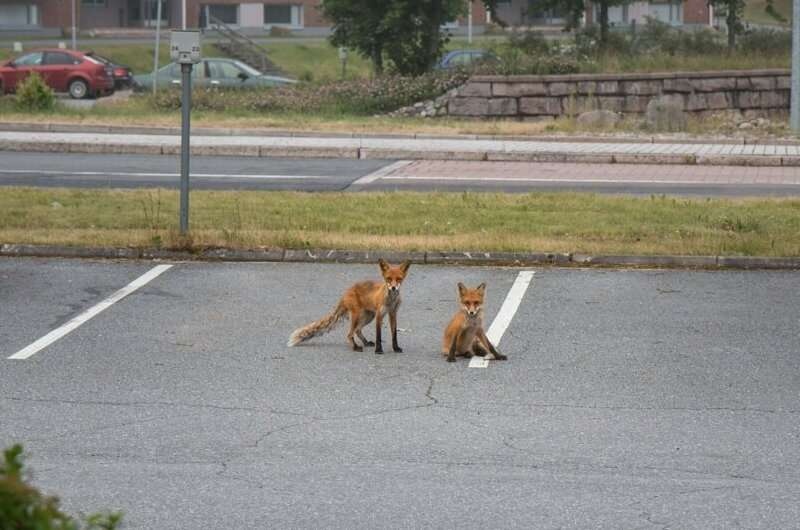Exploring the changing behaviors of urban foxes and how people’s perceptions and attitudes towards them are evolving in the face of their bolder antics.

The Rise of the Brazen Foxes
Foxes in the city are nothing new, but there have been concerns recently over foxes getting bolder. But now, from riding buses to stealing shoes and dozing on top of garden sheds, these clever creatures appear increasingly testing the boundaries of their relationship with us.
A study by the British carnivore project finds that in this sense foxes in the UK are bolder living around people and houses than they are out in the rural heartlands. Buffington says the change in behavior is likely because as cities continue to expand into fox habitat, urban foxes are learning to tolerate more than just their wild brethren.
Many might frown upon these more brazen acts but the study shows that broad-minded UK folk largely appreciate these city slickers. Fundamentally, 83% of the people surveyed had a positive emotional state towards foxes, even after they read stories and watched videos about how sly these critters can be. The researchers believe this presents evidence that there is a certain “likability factor” to foxes that makes them positively resonate with humans, even in light of stories detailing their covert mischievous ways.
The Balance: Living Alongside Urban Foxes
As urban foxes become braver, it is more and more important to improve ways of living alongside them harmoniously. The paper also highlights that it is really important to communicate about these animals in a responsible way, as sensationalised headlines or portrayals can risk undermining key conservation efforts.
One possible solution to enhance integration is more public engagement in planning new urban developments, giving people a greater say in the design of common and open spaces. For example, this might mean educating people on how to dispose of waste properly — discouraging foxes from raiding bins — and creating green spaces and corridors where the animals can prosper without coming into conflict with humans.
It is also important to look after the welfare of urban foxes (if persecution or unethical treatment were more likely, this could affect their population as well as impacts further down the food chain and on ecosystems). This will contribute to helping humans understand that foxes play an important role within the urban ecosystem and, as such, create a more even balance between preventing conflicts as well as benefiting both parties.
Conclusion
This research indicates that urban foxes are perceived as more bold, but most of the country is happy to live alongside them. Revista • November 08, 2020As urban areas sprawl farther and wide-r animals adapt to the new environment, how can we live alongside them in a long-term and responsible way that meets the demands of both people and wildlife? We can make sure that the fittest will continue to thrive in our urban scenes without causing unnecessary conflict by raising positive awareness, and promoting conservation efforts, we involve residents in the planning process.
